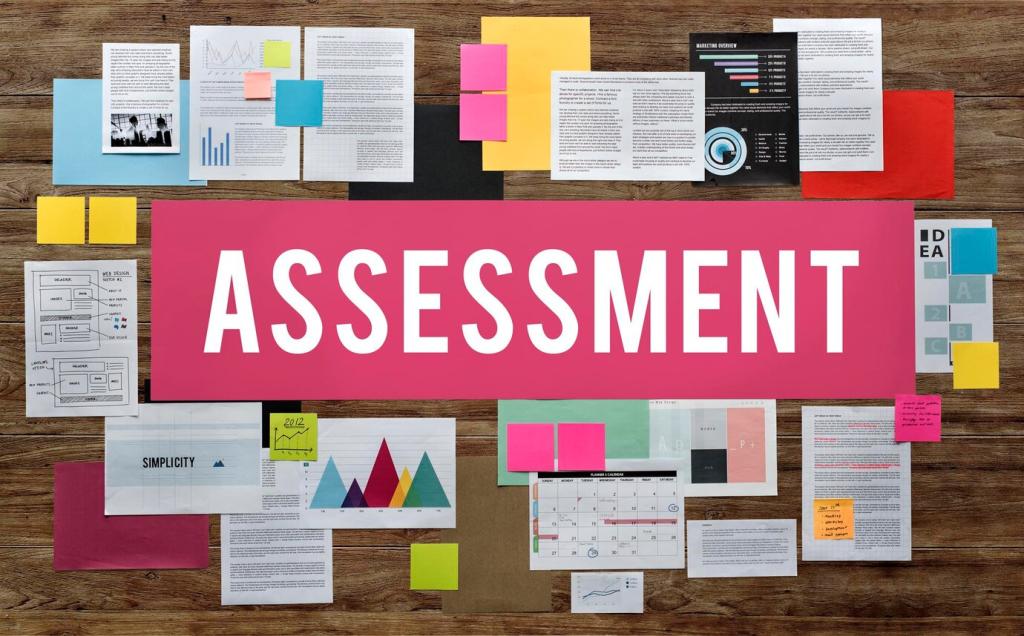Chosen theme: Top Online Courses: A Comparative Analysis. Welcome to a friendly, evidence-minded guide that turns scattered course options into clear choices. Explore our engaging comparisons, inspiring stories, and practical insights—and share your experiences so others can learn from your path.
How We Compare: A Transparent Framework
We examine how thoroughly a course covers core concepts and whether it aligns with current industry practice. Look for progression from fundamentals to applied projects, timely content updates, and clearly articulated learning outcomes. Share a course outline you admire, and we will help evaluate its strengths.
How We Compare: A Transparent Framework
Beyond biographies, we look for evidence: prior teaching results, industry contributions, and clarity in lecture delivery. An instructor’s ability to distill complexity often determines learner momentum. Tell us which instructors impressed you and why—their approach can guide others toward a better fit.


Cohort vs Self-Paced Dynamics
Cohorts create momentum through shared milestones and live touchpoints, while self-paced paths offer flexibility for complex schedules. The best choice depends on your rhythm. Comment with which format kept you consistent, and we will highlight strategies that amplify its strengths.
Active Learning and Feedback Loops
Hands-on tasks, reflection prompts, and timely feedback accelerate growth. Courses that embed practice within each module reduce forgetting and build confidence. If you have experienced a memorable feedback moment, describe it—those turning points help others understand what to look for.
Platform Usability and Focus
Clear navigation, distraction-free interfaces, and reliable progress tracking matter more than flashy features. Smooth discussion threads and organized resources foster deeper study. Tell us which platform layout kept you focused, and we will share patterns that consistently support concentrated learning.
Credentials, Recognition, and Career Outcomes
Industry Recognition Signals
We scan for endorsements, partnerships, and instructor affiliations that communicate credibility. Recognition should reflect real practice, not just logos. Comment with signals you trust—such as conference talks, open-source contributions, or community leadership—and we will incorporate them into future comparisons.
Portfolio and Project Evidence
Projects transform abstract learning into proof. We value repositories, demos, and concise write-ups that narrate decisions and outcomes. Share a favorite portfolio piece you built in a course; we will spotlight frameworks for writing project summaries that resonate with hiring managers.
Alumni Trajectories and Anecdotes
One reader told us a capstone dashboard from an analytics course became the centerpiece of a successful interview. Stories like this capture intangible course benefits. Submit your journey—from first module to milestone moment—and help others calibrate expectations realistically.
Support, Community, and Accountability
Mentorship Availability and Quality
Helpful mentors ask good questions, surface blind spots, and model problem-solving. We look for structured office hours, practical guidance, and constructive critique. If a mentor changed your trajectory, tell us how their approach worked—your insight can steer peers toward supportive environments.

Accessibility and Inclusivity
Clear transcripts, multilingual subtitles, and culturally aware examples expand reach. We prioritize courses that make comprehension equitable. If localization helped you grasp a complex topic, describe the moment—it will help readers advocate for the support they need.
Accessibility and Inclusivity
Keyboard navigation, screen reader compatibility, contrast controls, and flexible playback speeds matter. We highlight courses that treat accessibility as design, not an afterthought. Add your accessibility wins or challenges, and we will assemble a checklist others can apply when choosing.


Fit, Time Strategy, and Sustainable Progress
Workload Mapping and Calendar Design
We recommend mapping modules to weekly blocks, budgeting buffer time, and pairing difficult topics with lighter tasks. If you have a calendar template that worked, share it. We will compile community-tested examples for readers seeking practical planning guidance.
Motivation Styles and Habit Stacking
Some learners thrive on streaks; others need public commitments or meaningful rewards. Habit stacking—anchoring study to existing routines—keeps energy steady. Which motivation style fits you? Comment to help peers recognize patterns that keep their learning consistent.
Measuring Progress Beyond Completion
Completion is a milestone, not the destination. We value reflection notes, skill maps, and small real-world experiments that confirm learning transfer. Share how you measure progress—your approach can refine how we compare courses for practical impact, not just finished checkmarks.
